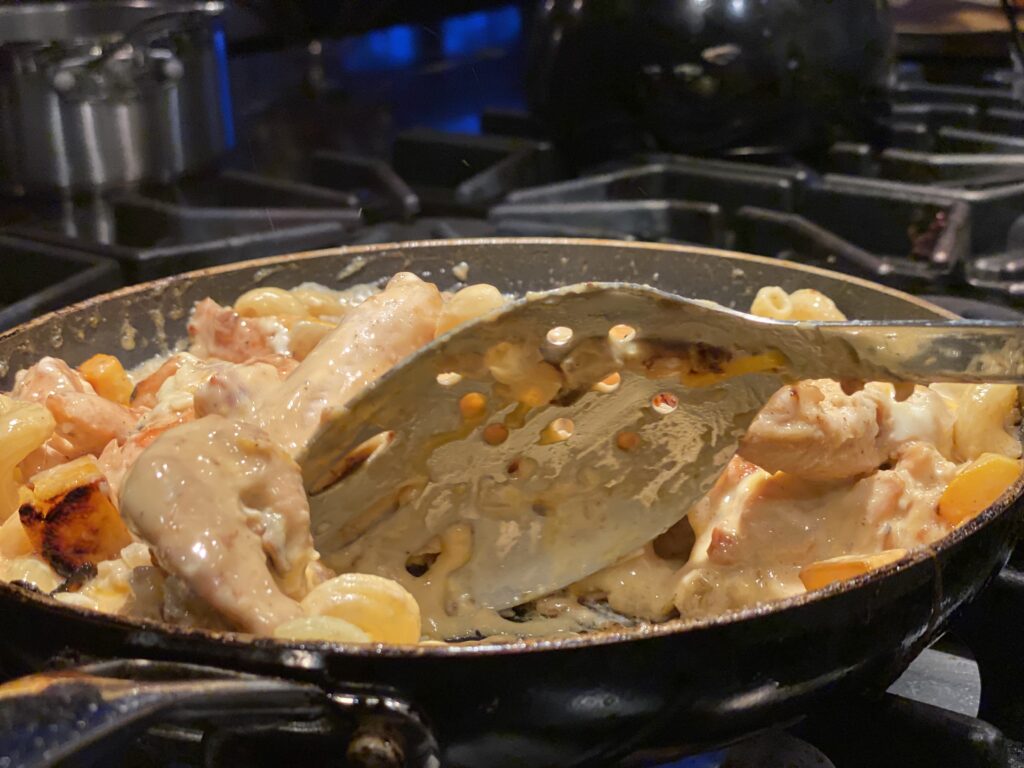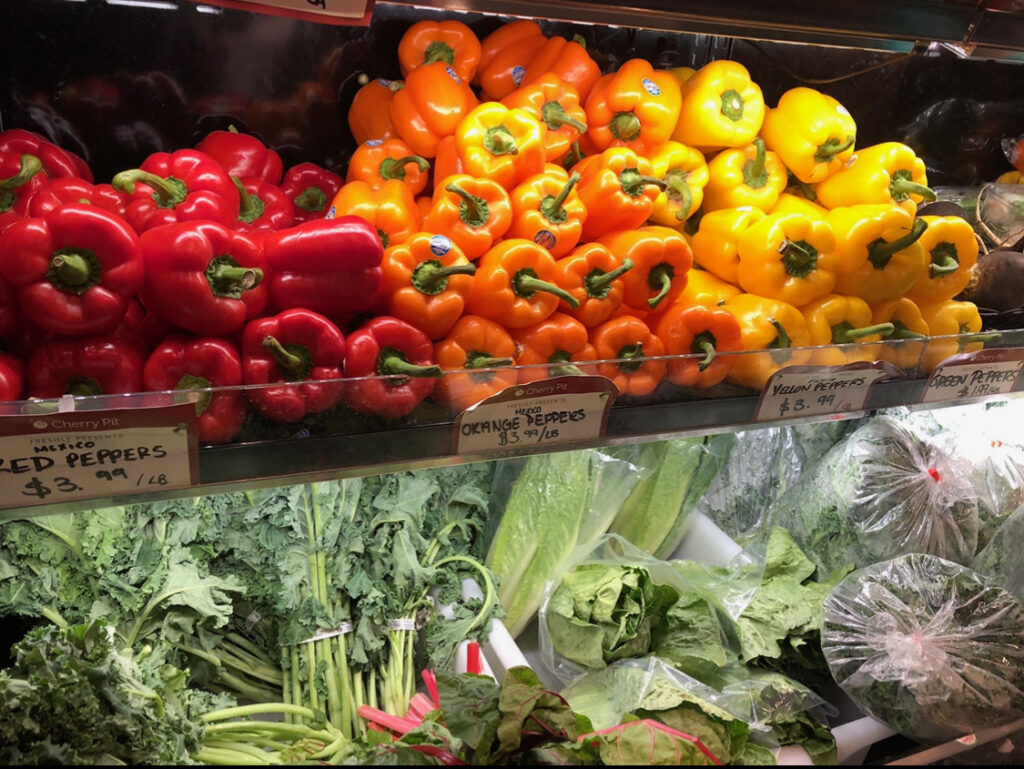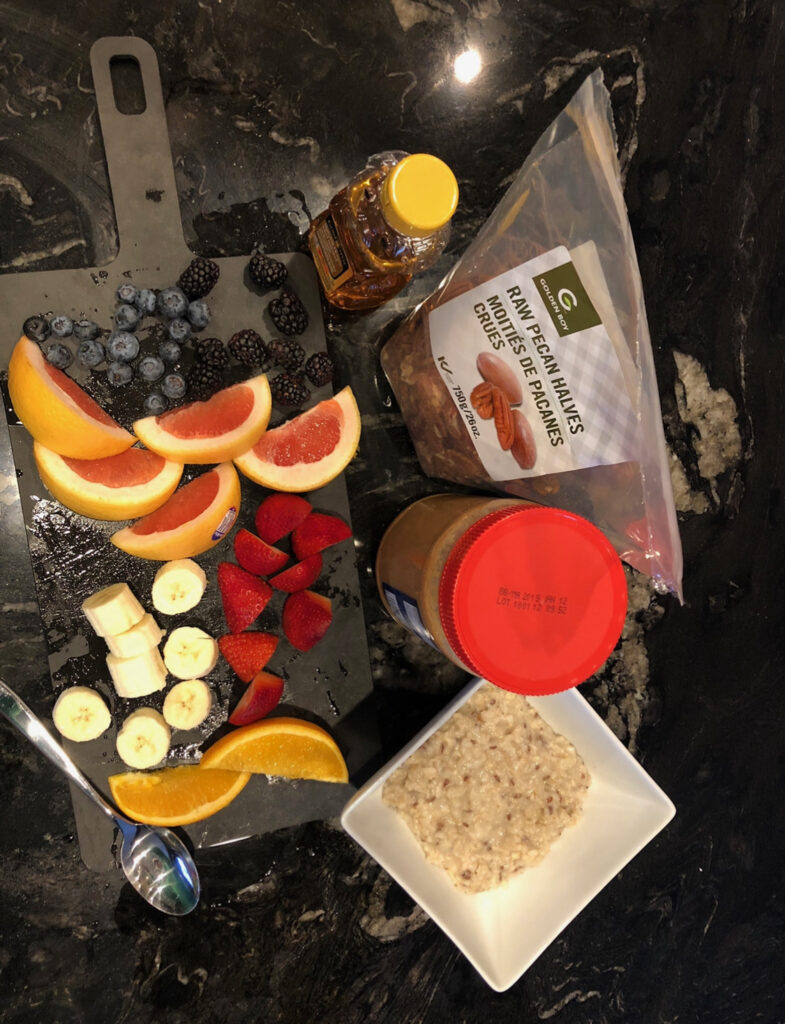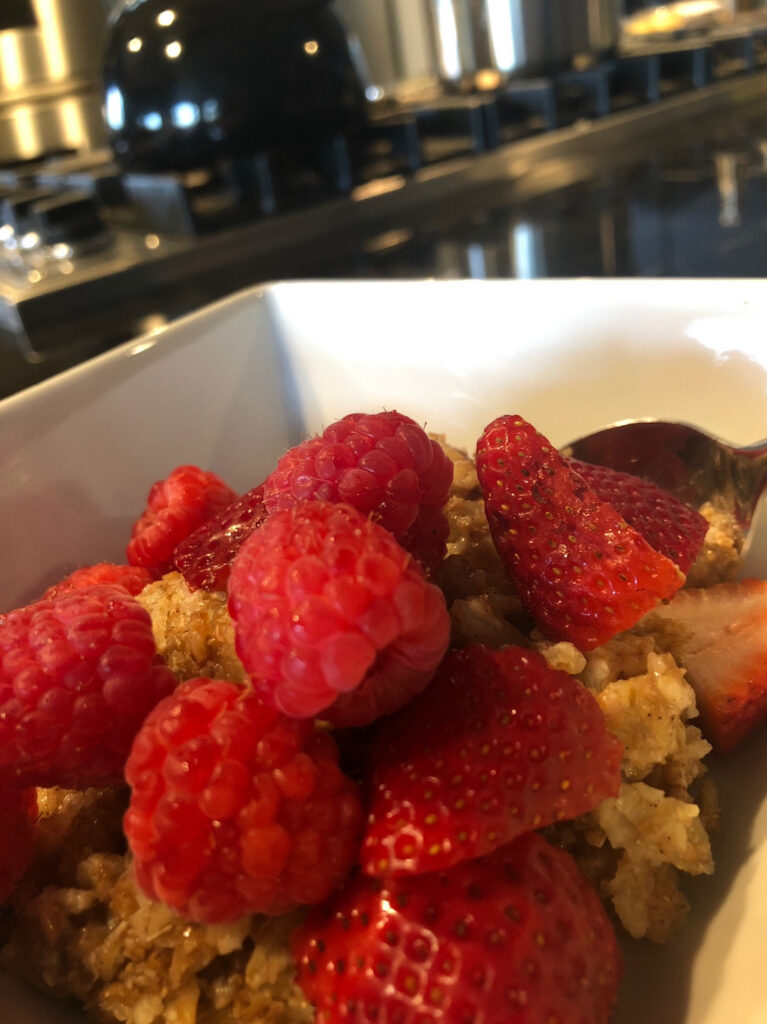“Freshman 15” has been an expression used for many generations. Many people are aware of the term but to explain, the “freshman 15” phrase was coined to highlight the weight gain many young adults experience in their first year of university or college. Why are new university/college students susceptible to the freshman 15… Well, there are many factors. The start of university or college for most young adults involves moving out of the house. Young adults now have to fend for themselves buying groceries, making food, or just making balanced choices. Often the foods eaten are high calorie high carbohydrate foods. Add to this that many students stay late into the night which can create boredom. Students also tend to “party” more which may include alcohol or cannabis. Late night foods are then sought after including pizza and chips. Students also take time to adjust to their new very busy schedules so extracurricular activities such as sports teams or working out often fall to the wayside. Easy to see how weight gain happens.

Time can create space for us to take care of ourselves in a new way, but it can also lead to boredom and falling away of health and self-care.
Now let’s switch to the present. Why is this expression relevant today when students are now at home doing online learning? The expression “freshman 15” has now morphed into the term “Covid 15”. I read a great post about people having TIME during this isolation period. I found the word a very powerful one. Life is normally filled with work, school, sports, appointments, social activities etc. This is the first time in my lifetime where we have TIME. While there are many positives to having more TIME … time to clean, time to learn to bake, time to help others … TIME also lends itself to issues like boredom, mindless eating, drinking more, etc.
The majority of us are now at home full-time. We are being encouraged to stay at home and often to stay indoors. For many of us this leads to consuming more calories and likely exercising less. Normally during a work day, we do not have close proximity to a fridge and we are busy with our work, with coworkers, with going to the gym, or just not having 24/7 access to food. Now we are at home where the fridge and pantry are easily accessible. We have many more hours to fill with work, educating and entertaining our children, and passing the TIME. Here’s where the new expression “Covid 15” comes into play. Posts are plentiful on social media like Cookie Monster chowing down on cookies and people talking about their struggles to not eat during isolation. Stress is also a factor of course because we know that people tend to reach for refined carbohydrates during increased stress, both for pleasure and for the instant kick that comes with sugar. Let’s be honest … it’s hard not to overeat while isolating.

Social Media is proliferated with picture of satisfying carbs, which have taken the place of more balanced choices for many of us.
It’s not hopeless. “ Covid 15” can be avoided. Here are some tips:
- Ask yourself or your child(ren) why they are in the fridge/cupboard. Are you/they HUNGRY or do you/they just WANT food? Often it is about WANT which often stems from issues like boredom, stress, or unhappiness. The key is to find alternate activities to eating. Some suggestions include:
- Drinking a full glass of water.
- Going for a walk (even a short one).
- Changing the location you are in (if possible).
- Distracting yourself with another activity.
- Create a schedule during the day that includes snacks and meals with the goal of sticking to the schedule.
- Having healthy snacks on the kitchen table: Vegetables (celery is a great one as it takes a long time to chew), fruit, popcorn, flavored water (it’s fun to come up with different flavors like raspberry or cucumber water).
- Be active and come up with new activities that you and/or your family could try: Skip rope (much harder than you think), throw a ball outside, create fun indoor games (my kids used ping pong balls and chipped them into plastic cups).
- Be MINDFUL. Often our eating/drinking habits are done mindlessly. The more mindful we are about what we are eating/drinking, how much and how often… the more successful we are at staying healthy.
- Watch portions. Smaller plates are a great way of reducing portions without seeing a difference.
- Set goals. Challenge yourself/your family to stay healthy in all areas during this pandemic.

Get outside as much as you can. Being out of our house, while distancing, helps break up visual boredom, gets us away from our fridge, and boosts energy. This may be even more important should our ability to leave be further restricted in the days to come.
We are all in this but “Covid 15” doesn’t have to become a reality. This could be an OPPORTUNITY to become even healthier.

Dr. Liann Meloff is a registered psychologist with over 18 years of experience and holds a Ph.D. in Applied Psychology.





